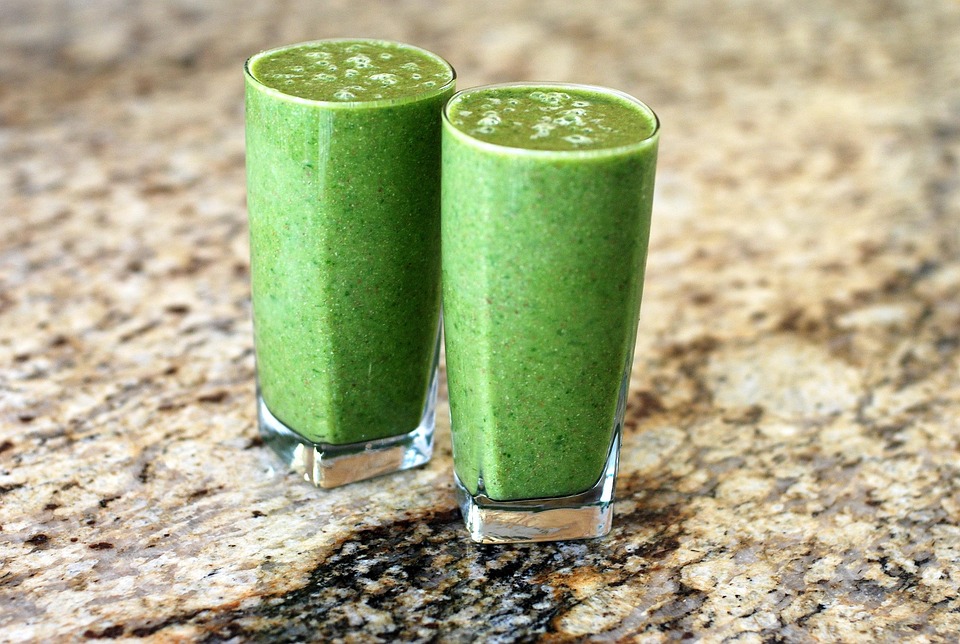From Meal Replacements to Enhancers: Exploring Adult Nutrition Drinks
Introduction
The landscape of nutrition has evolved significantly over the years, especially in the sphere of convenience and body optimization. One of the most notable developments has been the emergence and increasing popularity of adult nutrition drinks. From meal replacements to nutritional enhancers, these beverages cater to diverse dietary needs and lifestyles. In this article, we delve into the origins, variations, nutritional benefits, and market trends surrounding adult nutrition drinks.
Historical Context of Nutrition Drinks
Early Beginnings
The journey of nutrition drinks can be traced back to early 20th-century America. Initially developed for patients with dietary restrictions, these drinks were designed to provide essential nutrients in a liquid form. They quickly gained popularity during and after World War II due to the increased need for compact, nutrient-dense foods.
Evolution into Meal Replacements
By the 1970s and 1980s, brands like Ensure and SlimFast emerged, introducing products specifically aimed at adults. These meal replacement shakes offered a convenient solution for those looking to manage weight or fit in nutrition during busy days. As science and technology advanced, so too did the formulations, leading to enhancements in taste, texture, and nutritional content.
Types of Adult Nutrition Drinks
1. Meal Replacement Shakes
Meal replacement drinks are fortified beverages designed to provide the total caloric and nutritional equivalent of a traditional meal. They often contain a balanced mix of carbohydrates, proteins, fats, vitamins, and minerals.
- Target Audience: Weight watchers, busy professionals, and individuals recovering from illness.
- Examples: Ensure, Boost, and SlimFast.
2. Nutritional Enhancers
Nutritional enhancers are designed to supplement diets rather than replace meals. These drinks often include added vitamins, minerals, or protein but don’t aim to provide a complete meal equivalent.
- Target Audience: Athletes, fitness enthusiasts, and those needing specific nutritional boosts.
- Examples: Protein shakes and supplements like Orgain and Muscle Milk.
3. Functional Drinks
These drinks go beyond basic nutrition by infusing additional health benefits, such as improved digestion or enhanced immunity. Ingredients such as probiotics, antioxidants, and adaptogens are commonly included.
- Target Audience: Health-conscious individuals seeking functional benefits.
- Examples: Functional beverages from brands like Athletic Greens and Health-Ade.
Nutritional Benefits of Adult Nutrition Drinks
Balanced Nutrition
Nutrition drinks are often formulated to provide a balanced ratio of macronutrients—proteins, fats, and carbohydrates—along with essential vitamins and minerals. This balanced composition can help individuals meet their daily nutritional needs, especially those who may struggle with food preparation due to time constraints or physical limitations.
Convenience
In modern society, where time is often at a premium, adult nutrition drinks can serve as a quick, portable solution for individuals. They are easy to carry, require no preparation, and can be consumed on the go, making them an ideal choice for busy lifestyles.
Weight Management
Meal replacement drinks can also aid in weight management. Their calorie-controlled formulations can help individuals reduce calorie intake while still nourishing their bodies. By replacing high-calorie meals with low-calorie drinks, users can achieve their weight loss efforts without sacrificing nutrition.
Tailored Nutrition
Many brands offer specific formulations to cater to unique dietary requirements. For instance, lactose-free options, gluten-free products, or shakes designed for diabetics are readily available, ensuring that nearly everyone can find a suitable drink.
Considerations When Choosing Nutrition Drinks
Recognizing Dietary Needs
Before selecting a nutrition drink, consumers should assess their specific dietary needs and health goals. It’s essential to consider factors such as caloric requirements, macronutrient ratios, and any food intolerances or allergies.
Ingredients to Look For
When choosing a nutrition drink, it’s crucial to examine the ingredient list. Look for products featuring high-quality proteins (like whey or pea protein), fiber, minimal added sugars, and a spectrum of vitamins and minerals. Avoid products with a long list of artificial additives and preservatives.
Nutritional Claims
Skepticism is warranted when it comes to nutritional claims. The term “natural” can be misleading, and terms like “sugar-free” don’t always equate to healthier choices. It’s vital to read nutrition labels thoroughly and understand what each claim truly signifies.
The Market Landscape
Growth in Popularity
The adult nutrition drink market has seen rapid growth over the past decade. The demand for convenient, healthy products has surged, fueled by an increase in awareness about nutrition and wellness. According to [modern_footnote_source], the global meal replacement market was valued at approximately $13.6 billion in 2020 and is projected to reach $20.5 billion by 2027.
Emerging Trends
- Plant-Based Options: With the rising popularity of vegan and plant-based diets, many companies are launching plant-based protein shakes and meal replacements.
- Personalization: Advances in technology are leading to more personalized nutrition solutions, allowing consumers to tailor their drinks to meet specific needs and preferences.
- Sustainability: As environmental concerns grow, many brands are focusing on sustainable sourcing and packaging, appealing to a more eco-conscious audience.
Competition and Diversification
The market is becoming increasingly competitive, with new entrants continually emerging. Many companies are expanding their product lines to include a variety of flavors, formulations, and even dietary-specific options, catering to a wide range of consumers.
The Role of Regulatory Guidelines
Health Claims Regulations
Nutrition drinks are subject to various health regulations, which can differ between countries. In the U.S., the Food and Drug Administration (FDA) has set standards for labeling and health claims. Companies must adhere to these guidelines to ensure consumer safety and prevent misleading advertising.
Understanding Nutritional Labeling
Consumers must familiarize themselves with reading and interpreting nutritional labels. The FDA requires specific information, such as serving sizes and daily value percentages, which can help you better understand the product’s nutritional makeup.
Common Misconceptions
Meal Replacements Encourage Poor Eating Habits
There is a misconception that relying on meal replacement drinks may lead to poor dietary habits. However, when used correctly, these drinks can complement a balanced diet rather than replace healthy food choices altogether. They should be seen as tools for support rather than crutches.
They Are Only for Weight Loss
While meal replacement drinks can aid weight loss, they are suitable for anyone looking to fit more nutrition into their busy schedules. Whether for convenience or lifestyle management, these drinks offer versatile options for a wider audience.
All Drinks Are Created Equal
Not all nutrition drinks are equal in terms of quality and nutritional value. Consumers should be educated about product ingredients and their effects on health to make the best choices.
Conclusion
Adult nutrition drinks have evolved from simple meal replacements into sophisticated nutritional solutions tailored to meet diverse needs. Their ability to提供 balanced nutrition, convenience, and customization has made them a staple in many lifestyles. As the market continues to grow and evolve, staying informed about ingredients, health claims, and personal dietary needs will be essential for making the best choices in adult nutrition drinks.
References
- [modern_footnote_source] A comprehensive review of the adult nutrition drinks market and trends.
- [modern_footnote_source] Nutritional guidelines and health claims defined by authoritative health organizations.
- [modern_footnote_source] Consumer behavior studies on meal replacement drink usage and dietary habits.
This article serves as a comprehensive overview of the multifaceted world of adult nutrition drinks. As consumers navigate their nutritional journeys, understanding the options and implications of these drinks is crucial for informed decision-making.


























Add Comment